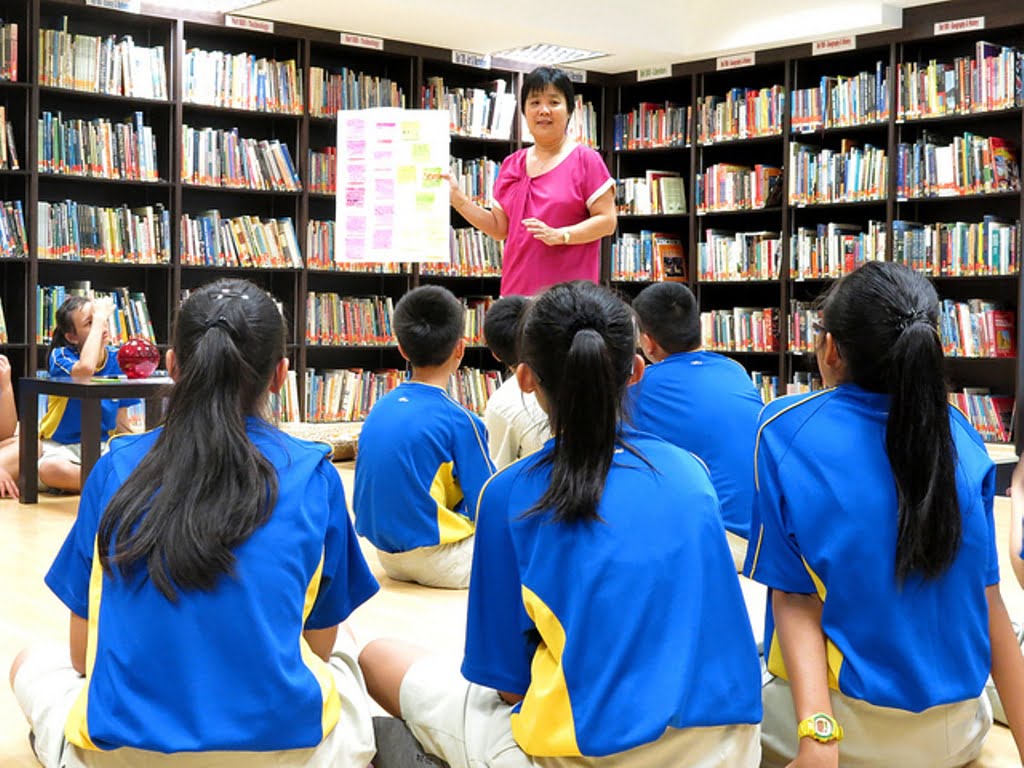Education is the number one agent of transformation toward sustainable improvement, increasing people’s capacities to transform their visions for society into reality. Education no longer most effective gives scientific and technical capabilities; it also affords the inducement and social guide for pursuing and using them. For this cause, society should be deeply involved that plenty of modern training falls a long way short of what is required. When we say this, it displays the very necessities across the cultures that allow everybody to grow to be accountable toward quality enhancement.
Improving the quality and revelation of schooling and reorienting its dreams to apprehend the significance of sustainable improvement should be amongst society’s highest priorities. It is not that we communicate only about surroundings however also about every aspect of existence.
We consequently need to make clear the concept of training for sustainable improvement. It becomes a major assignment for educators over the past decade. The meanings of sustainable improvement in instructional setups, the right balance of peace, human rights, citizenship, social fairness, ecological and improvement issues in already overloaded curricula, and approaches of integrating the humanities, the social sciences, and the arts into what had up-to-now been visible and practiced as a branch of technology schooling.
Some argued that teaching for sustainable improvement ran the risk of programming. In contrast, others wondered whether asking schools to take the lead in the transition to sustainable development was asking an excessive amount, of-of instructors.
These debates have been compounded by using the desire of many, predominantly environmental, NGOs to contribute to educational planning without the requisite know-how of the way education systems paintings, how instructional change and innovation takes location, and applicable curriculum development, expert improvement, and instructive values. Not realizing that effective academic trade takes time, others have been critical of governments for not acting extra quickly.
Consequently, many global, local, and countrywide tasks have contributed to an expanded and subtle understanding of that means of training for sustainable development. For example, Education International, the principal umbrella organization of instructors’ unions and institutions globally, has issued a declaration and motion plan to promote sustainable development via education.
A not unusual agenda in all of those is the want for an included method thru which all groups, authorities entities, collaborate in growing a shared understanding of and commitment to guidelines, techniques, and applications of schooling for sustainable development.
Actively promoting the mixing of schooling into sustainable improvement at neighborhood network.
In addition, many individual governments have mounted committees, panels, advisory councils, and curriculum development initiatives to talk about education for sustainable improvement, expand policy and appropriate guide structures, applications, and assets, and fund nearby initiatives.
Indeed, the roots of training for sustainable improvement are firmly planted within the environmental education efforts of such groups. Along with global education, development training, peace training, citizenship schooling, human rights schooling, and multicultural and anti-racist training, which have all been substantial, environmental education has been especially sizable. In its quick thirty-year history, current environmental schooling has step by step striven closer to goals and consequences comparable and akin to those inherent within the idea of sustainability.






